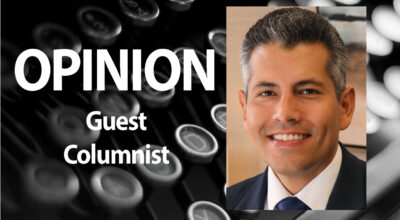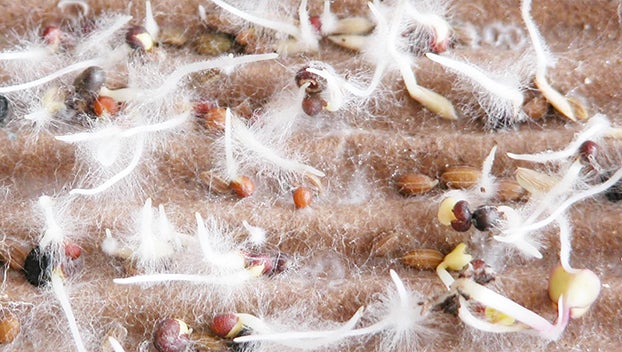Elder Abuse Prevention Month is a time to plan ahead
Published 8:38 am Saturday, May 19, 2018
By Tim Morstad
With the invention of the personal computer, and their subsequent affordability for consumers, our lives are more streamlined than ever before. You can upload and store important documents, then send them out with a few clicks. Online banking allows you to manage your finances without leaving the house. Social media makes connecting with family and friends a walk in the park.
But while technology makes these everyday tasks easier, it also makes it increasingly hard to protect yourself from financial exploitation.
May is Elder Abuse Prevention Month in Texas, a good reminder to prioritize keeping ourselves and our loved ones safe.
These days, user information can be stolen or acquired en masse, such as in the recent Equifax breach. When these large-scale incidents occur, there are steps you can take to protect your information. Call the credit bureaus to freeze your account. There is a small fee for Texas residents, but this measure will help prevent identity theft. Always be on the lookout for data breaches. How quickly you respond can make the difference for securing your account.
Other times, would-be thieves and scammers target people individually. There are many types of scams around our state, but a few preventative and corrective measures can combat the bulk of them.
Many people know the importance of shredding financial documents. Deleting–and fully disposing of–digital files is just as important. When you get a new computer or smartphone, be sure you fully wipe the data off of the old one before discarding it. The more people who have access to your device or online accounts, the more of your information is at risk. This includes direct access to sensitive data–like bank accounts or purchase history–as well as less sensitive data that can still be used against you.
For example, do you use your anniversary, the street you lived on as a child or your pet’s name in either your passwords or security questions? In that case, be sure not to post those details on social media.
Changing your device and account passwords is another measure that prevents unauthorized people from accessing your information. With that in mind, never leave a physical note of your passwords. This is an invitation for anyone to take advantage of you. Remember, even friends and family can commit financial abuse, so exercise caution.
Using free wifi from your favorite coffee shop or bookstore can also compromise your personal information. Hackers can gain access to unsuspecting users with unencrypted wifi hotspots. A good precaution is to disable the “connect automatically” option on your device.
The more information a scammer can collect on you, the better they are at stealing your identity–or convincing you to give them money directly. Some scammers call their targets and impersonate grandchildren. The “grandchild” pretends to be in some sort of precarious situation and in need of financial assistance. To defend yourself against this scheme, always be skeptical. Ask questions to challenge the scammer. Never give out money without calling your grandchild’s personal phone or checking in with their parents. The scammer will pull at your heartstrings. Slow down a little and remove yourself emotionally to make practical decisions.
Scams evolve over time, so it’s difficult to always be prepared. Every two seconds, someone’s identity gets stolen. That’s why AARP launched the Fraud Watch Network—to arm people of all ages with the tools they need to spot and avoid scams. The AARP Fraud Watch Network is a free resource that anyone of any age can access. It offers articles on prevention, scam alerts and more. To learn more or sign up, go to aarp.org/fraudwatchnetwork. It’s never too early to learn how to protect yourself, your identity and your resources.
So this May let’s plan ahead for ourselves and our loved ones. Let’s prevent elder abuse both today and tomorrow.
Tim Morstad leads AARP’s work on financial exploitation prevention in Texas.





